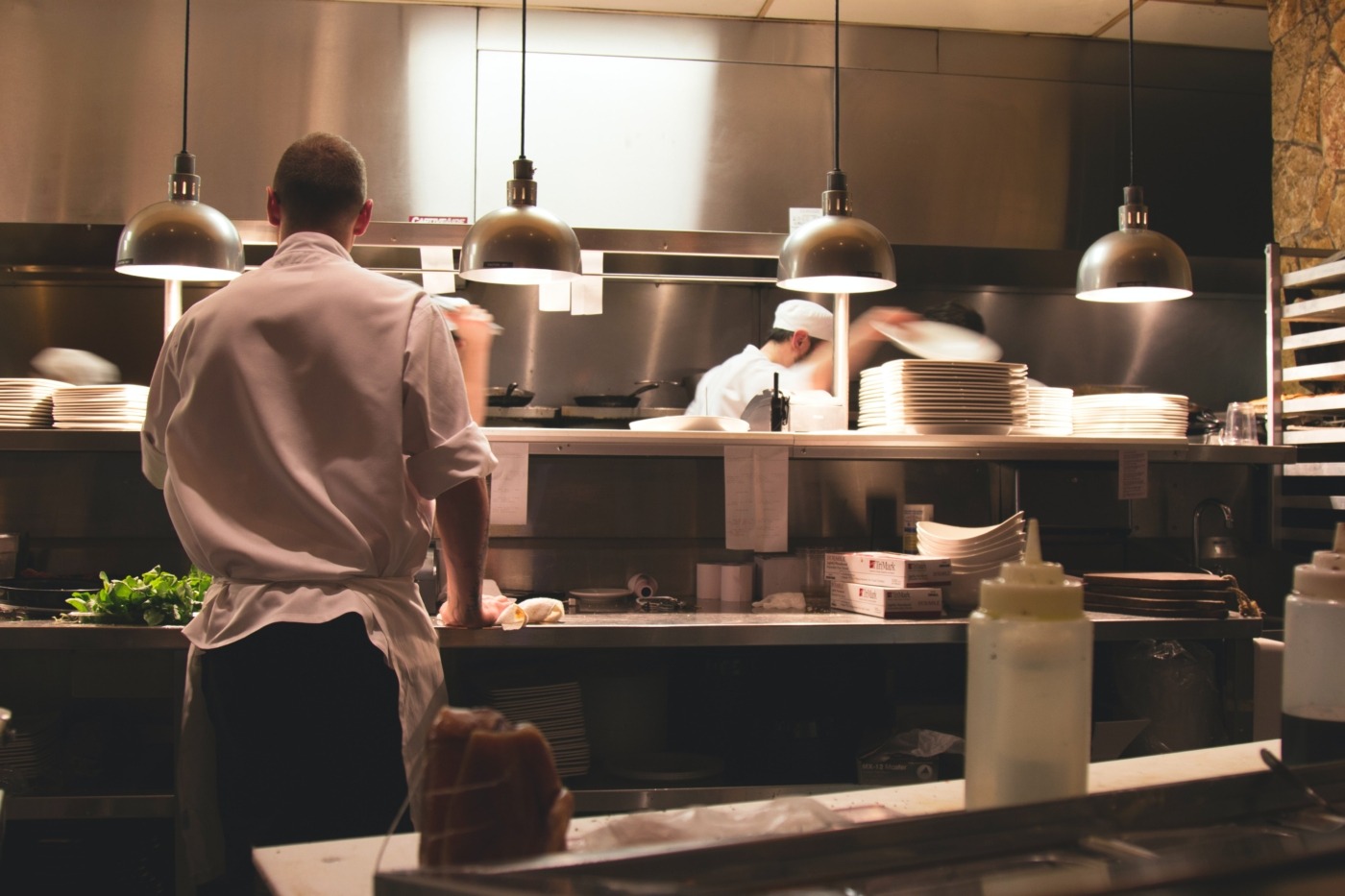Why do restaurants throw away food?
With around a third of food wasted every year, food waste is clearly a global issue. Unfortunately, restaurants are no exception, in fact they are responsible for tonnes of food ending up in landfill. This is due to a number of reasons. Although we have seen some progress in regards to saving food from going to landfill, there is much more that needs to be done.
In the UK, it is estimated that an equivalent of 320 million meals are thrown out each year. This is a considerable amount, with some estimates stating that around 50% of food in restaurants is wasted, rising to a ridiculous 80% in fine dining restaurants. Food is thrown away due to different excuses. The most common are: preparation, customer leftovers and spoilage.
Throwing away food contributes to several key issues. Primarily, the food that ends up in landfills contributes to greenhouse gas emissions. It is a big shame that so much food is still being thrown away when food insecurity remains a problem, even in the UK.
Around 50% of food in restaurants is wasted, rising to a ridiculous 80% in fine dining restaurants
So, what can be done to reduce the amount of food waste? A number of things, depending on the type of food, as well as other factors such as the location. The first thing that we can all do as customers is to limit the amount of leftovers we leave. If you are unable to finish your food, ask to take it home. In non-Covid times, perhaps offer your friends and family some.
To prevent food waste due to spoilage, restaurants need to carefully plan how much food they should have in at all times. They need to ensure that they have enough for customers but not excessive amounts that would lead to being wasted. This is not always easy to predict. However, restaurants can try to limit this problem by storing food correctly, keeping an inventory, organising food by use-by dates etc. This is not something that we as customers can directly control however these tips are just as applicable to our own food waste at home.
Another great way to reduce the amount of food wasted is to donate any unused food to homeless shelters
It would be ideal if all restaurants had the ability to donate their unused, but still in date, food at the end of the day. We have already seen some progress with this, for example with apps such as TooGoodToGo, which is used by over 11 thousand businesses. This app works by offering ‘magic bags’ to its users. The contents of the magic bag are dependent on the leftovers of that restaurant that day. The bags have a small fee – usually around £3-5. This is a great example of a platform that connects the business to the customer.
Another great way to reduce the amount of food wasted is to donate any unused food to homeless shelters. While this may be the case in some areas, it is definitely not common nationwide. Unfortunately, restaurants sometimes refuse to donate food for fear of being sued. Some have said that this is “just an excuse” providing the food is in date.
Composting is a much more eco-friendly way of disposing of food. If composting was more mainstream in our society – through making compost bins more common for example – restaurants could compost a large proportion of the food they throw away. This would be a particularly good option for spoiled food and customer leftovers which obviously can’t be donated.
Achieving 0% food waste is hard in individual households, let alone in restaurants and cafes. However, 50% of food wasted is way too high and more needs to be done to minimise this as much as possible.

Comments